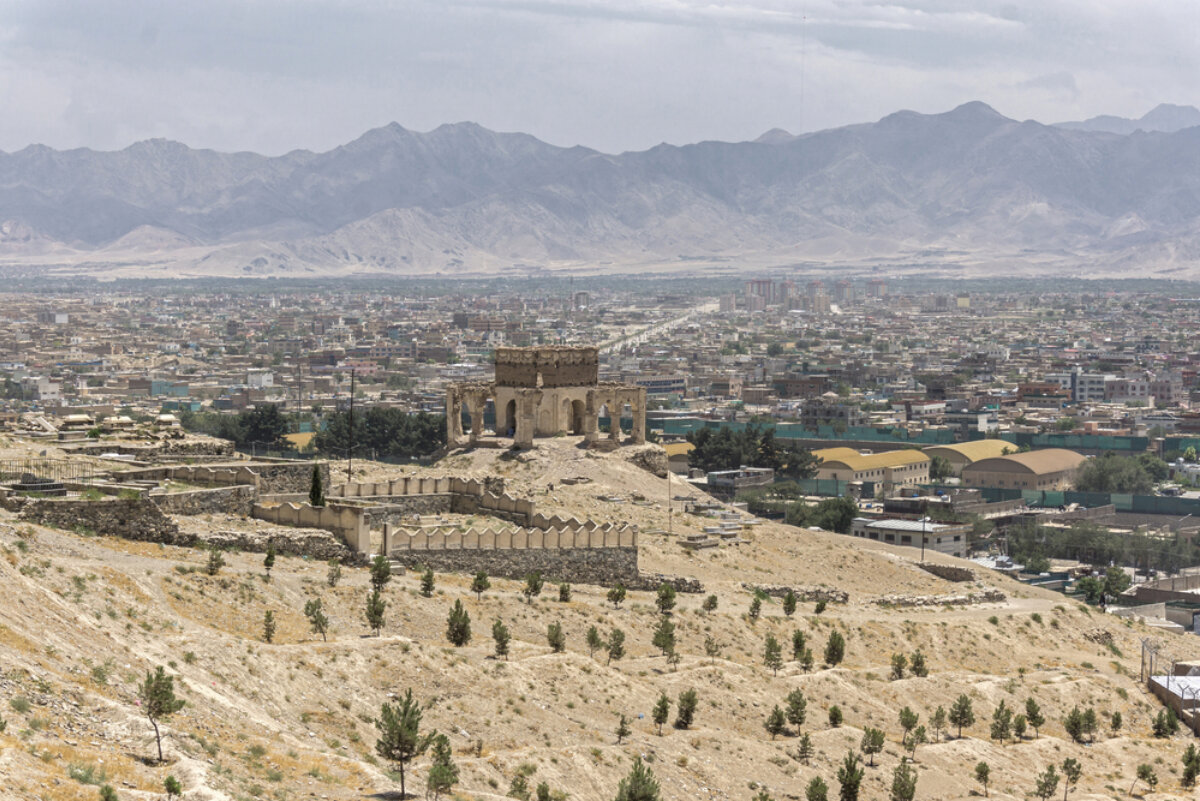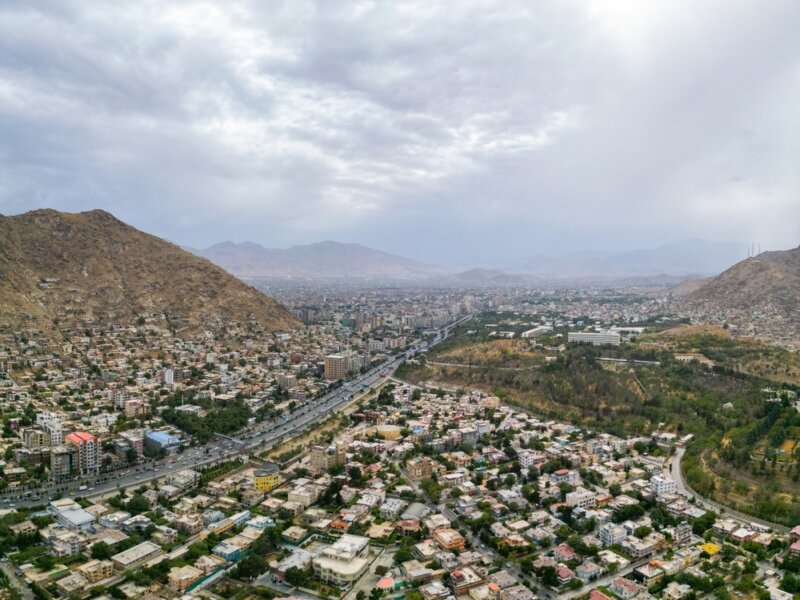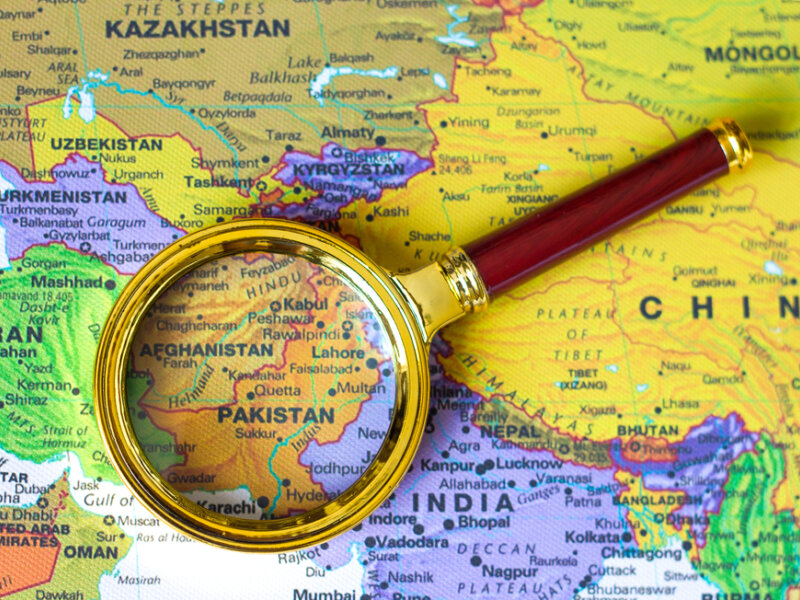L’Afghanistan tra tensioni e crisi economica
Dopo la presa del potere da parte dei Talebani, la situazione socio-economica in Afghanistan rischia di degenerare. Il punto di Guido Bolaffi.

Il 15 febbraio scorso i Talebani hanno festeggiato i primi sei mesi dal loro trionfale ingresso a Kabul. Ma l’Afghanistan – apparentemente pacificato sotto il loro ferreo, assoluto controllo – continua ad essere un ingarbugliato, oscuro contenitore di latenti tensioni politico-sociali all’interno, diplomatico-militari all’esterno. Mentre l'Occidente, forse dimentico degli errori ivi commessi nel passato, è diviso e paralizzato dal dubbio se portare soccorso ai suoi abitanti non rischi di tramutarsi in un sia pur indiretto rafforzamento del totalitarismo talebano.
Dilemma confermato dalla recente volontà di Washington di devolvere la metà dei 7 miliardi di dollari delle riserve monetarie afghane congelate nelle casse del suo Tesoro a favore delle famiglie delle vittime statunitensi degli attentati terroristici dell’11 settembre 2001. Decisione duramente contestata dall’ex alleato afghano Hamid Karzai, che, secondo quanto riportato dall’Associated Press del 13 febbraio, “at a packed news conference sought the help of Americans, particularly the families of the thousands killed in the 9/11 terrorist attacks, to press President Joe Biden to rescind last week’s order. He called it unjust and unfair, saying Afghans have also been victims of al-Qaida leader Osama bin Laden [...]The people of Afghanistan share the pain of the American people”.
L’Afghanistan è alla fame. Una situazione che lo spietato inverno del paese rischia di trasformare in un colossale disastro umanitario per decine, centinaia di migliaia di donne, uomini e, soprattutto, bambini. Un dramma che però non colpisce tutti gli afghani, o, comunque, non tutti allo stesso modo, visto che quelli legati ai numerosi cartelli della droga, così come quelli che lavorano nel mercato nero della produzione e del traffico illecito di merci, non sembrano aver risentito particolarmente della crisi economica legata alla fine dei trasferimenti di dollari dei finanziamenti americani. Infatti, denunciava un reportage di Nikkei Asia del 31 gennaio scorso, “at the Torkham border crossing, a busy hub of trade between Afghanistan and Pakistan, on a direct route between the two countries’ capitals, every day young Afghan children try to smuggle bags of goods over the frontier, hiking through mountains or hiding in the undercarriages of trucks”.
Una situazione confermata dalla nota giornalista Monica Hunter-Hart negli speciali programmi sull’Afghanistan trasmessi, rispettivamente il 22 ed il 30 gennaio, da Nikkei Asia Stream: “So what in the Afghan economy has been working? Well, the illegal part. Opium being smoked and sold in broad daylight [...] The Taliban says, for the moment, it cannot ban drug production because there are no alternate sources of income for poor families [...] Afghanistan is the world’s top opium producer and its drug trade is flourishing. Its opiate economy was worth an estimated $2 billion dollars in 2019 [...] Early signs indicate that poppy cultivation has only increased since the American withdrawal [...] In addition to the growing of opium poppy, recently a massive new industry has started to grow in the manufacturing of epinephrine: basically, various forms of stimulants which are colloquially known in the West as speed, for which there is a huge market, and which are much easier to smuggle than opiates”.
Ma per l'Afghanistan i problemi interni si accavallano con quelli esterni. Perché, spiegava Wajahat S. Khan sempre su Nikkei Asia Stream, “Power hates vacuum. And with the U.S. gone, the region’s other countries have been maneuvering both to work with the Taliban as well as deal with the spillover of the problems emerging from the insurgents’ return as the rulers of Afghanistan [...] In the east, Pakistan, a long supporter of the Islamists, is already embroiled in a diplomatic dispute with them and even suffering increasing attacks from the Pakistani Taliban, a group the original Afghan Taliban have given license to since they took over [...] In the west, Iran, historically wary of the ultra-Sunni Talibs, is moving closer to them to stop the rise of their common enemy, the even more ultra-Sunni ISIS-K [...] Meanwhile, Afghanistan’s northern neighbors, Turkmenistan and Uzbekistan, have recently exchanged threats with the Taliban over military equipment and training camps [...] Afghan tensions with any of the Central Asia regions would likely invite intervention from Russia, the former Soviet overlord which still considers the region within its sphere of influence […] And finally, China, the only superpower that remains in the region, and even shares a small border with Afghanistan [but] Beijing has adopted a hands-off approach. Although the Chinese are holding close discussions with the Taliban, trying to secure regional plans for their Belt and Road Initiative, they also fear that a terror threat could spill over [...] However, despite their proximity, the Chinese are not likely to shore up the Afghan economy like the Americans did for the last two decades”.



